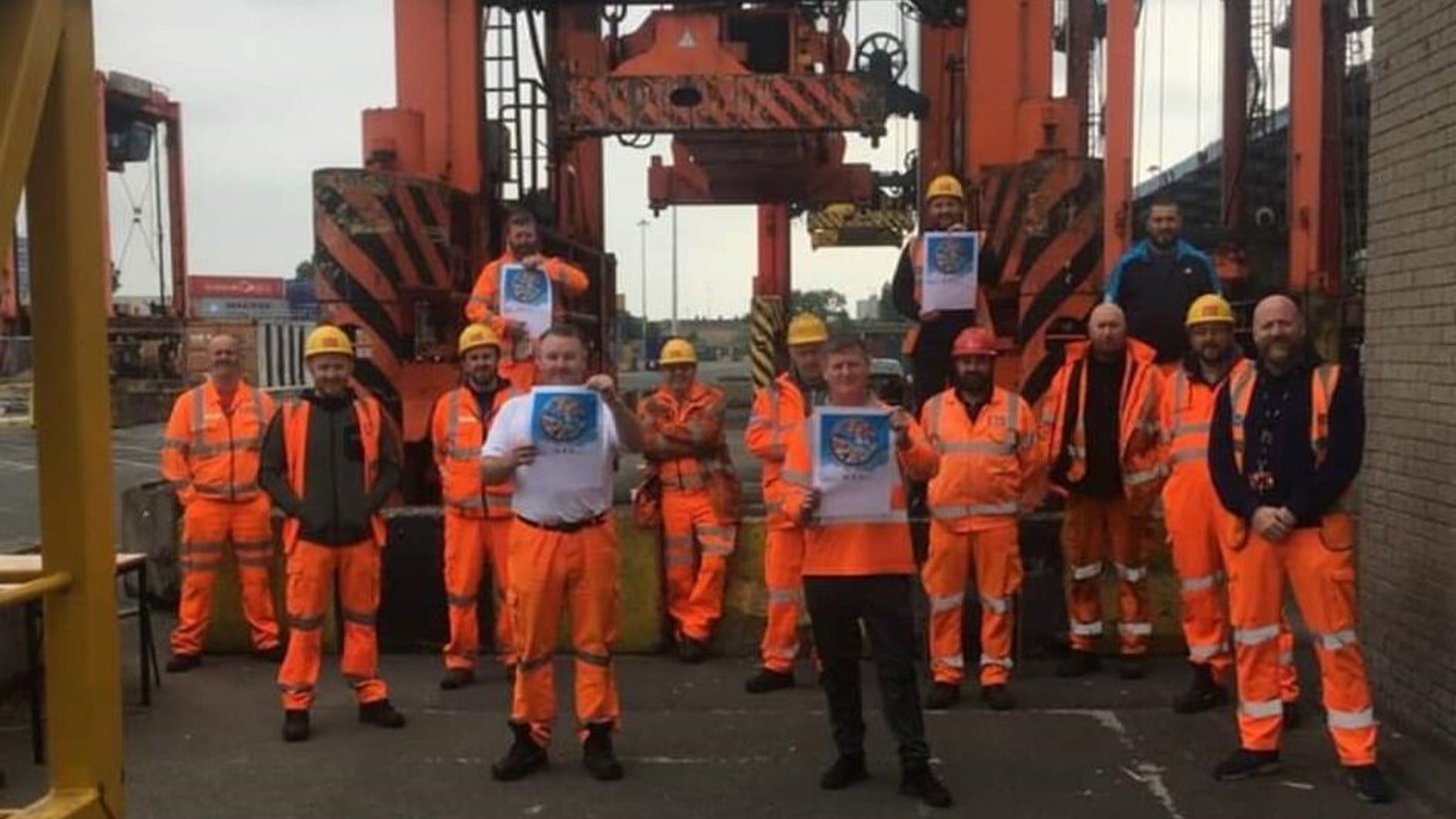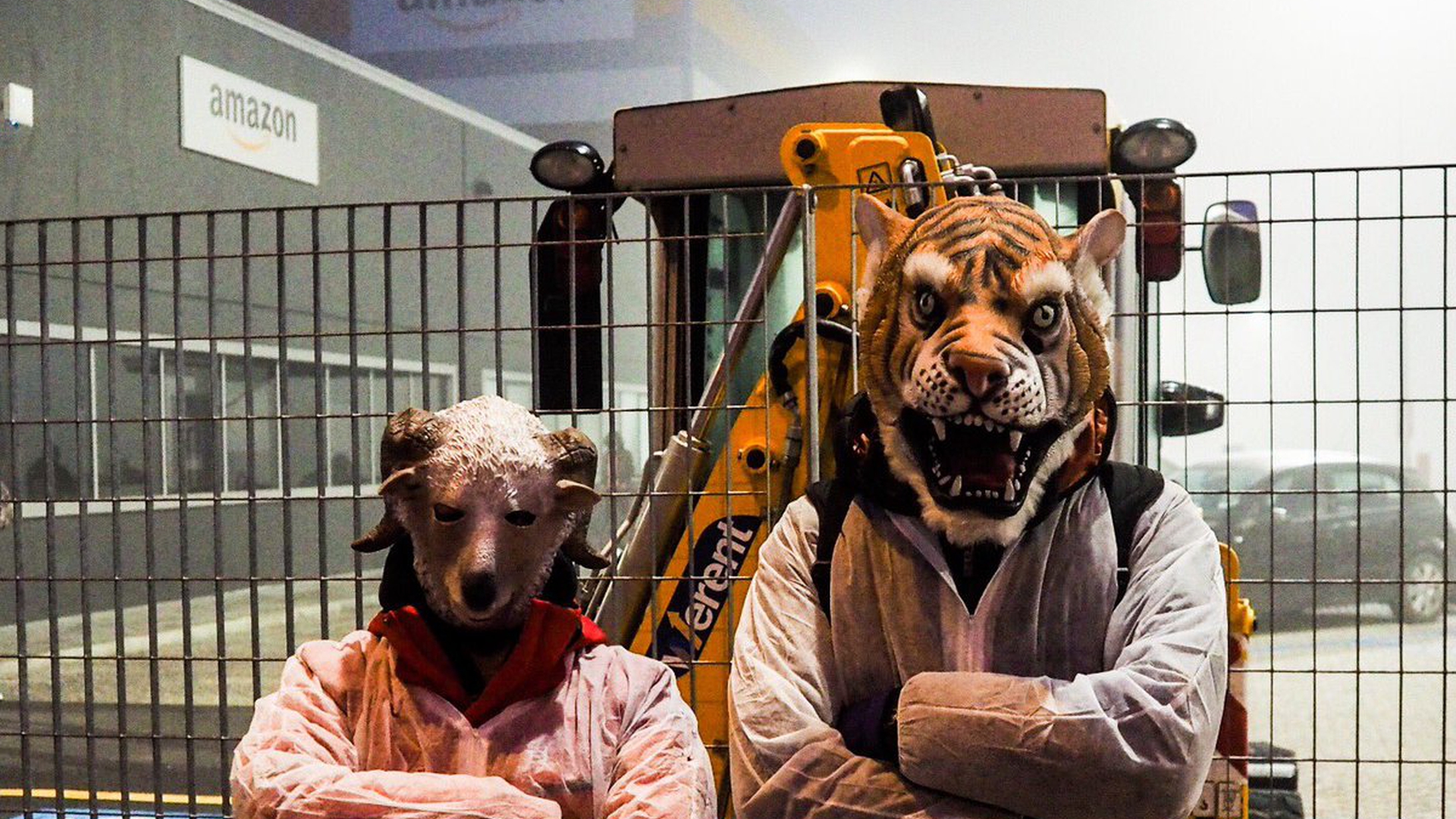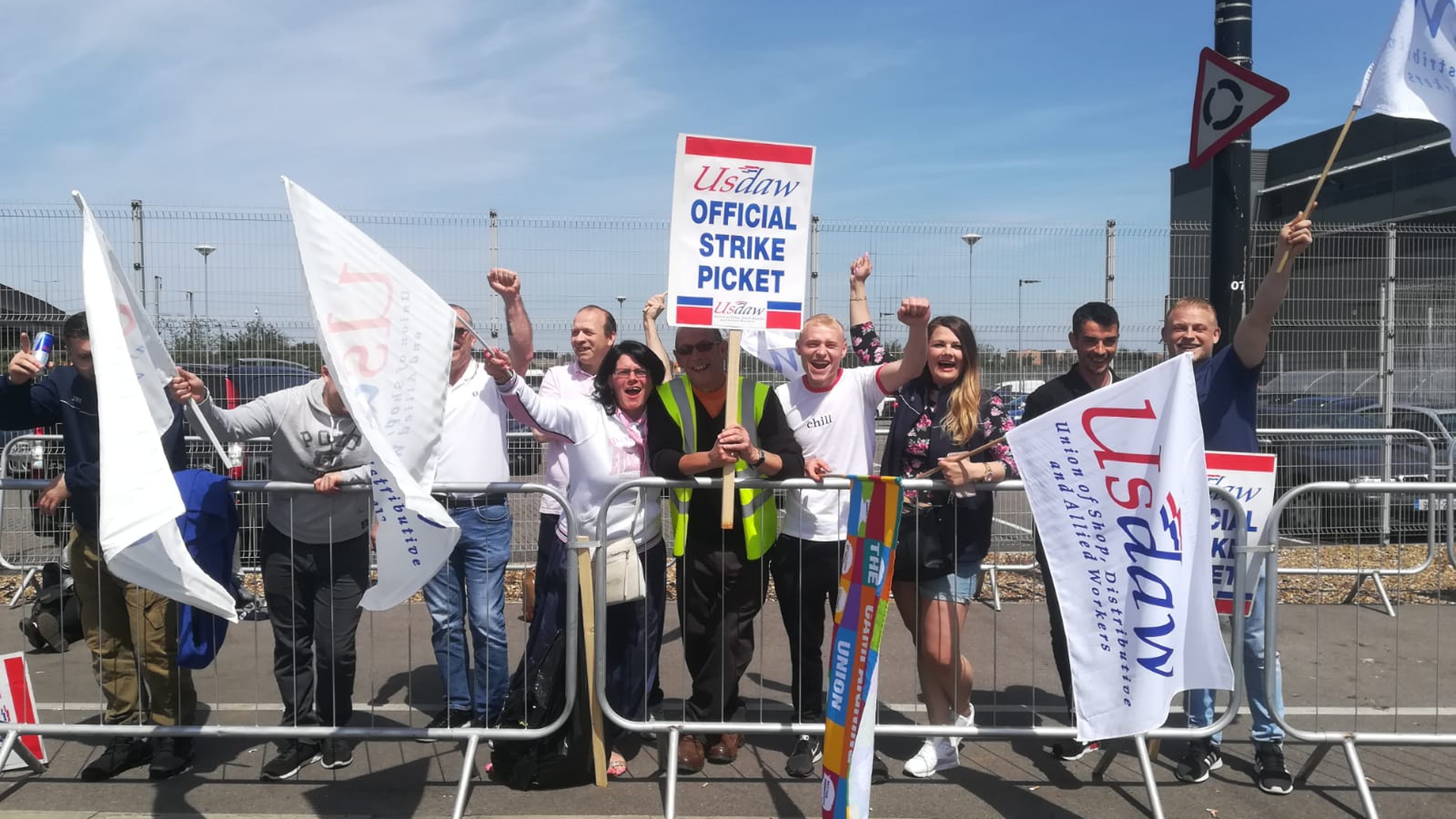Anti-racism and re-building union strength

inquiry
Anti-racism and re-building union strength
by
Ray,
John Lynch
/
June 23, 2020
An interview with a port of Liverpool trade unionist
We republish here an interview originally published in Conter. A port of Liverpool trade unionist talks about why he and his fellow workers stood in solidarity with Black Lives Matter.
Liverpool dockers fought a valiant campaign in the 1990s to defend their jobs from an anti-union crackdown. Now they are rebuilding their union with fighting and internationalist traditions.
Ray is a Unite rep who helped organise the Liverpool dockers support group in Edinburgh during the 28 month dispute in the 90s.
John Lynch is Unite senior shop steward at Port of Liverpool about the importance of support for anti-racist causes as part of a process of rebuilding workplace politics.
The solidarity stoppage at Liverpool docks has inspired people across the world. How did you go about organising this?
The port of Liverpool was contacted by International Docks Coordination (IDC). The IDC was founded after the 500 Liverpool dockers were sacked in the 90s. The IDC motto is: “You will never walk alone again”. They asked if any ports would be able to show or arrange any solidarity in their workplace and support our American sisters and brothers.
Dock workers at the Port of Liverpool wanted to show our solidarity. In recent years we have built up powerful workplace organisation and the membership have taken unofficial action when necessary.
The union stewards circulated the solidarity action details with members through the union’s What’sApp group. Tommy Jennings and John McHugh, two of our union reps who were in the Port that day arranged the group photo with the members.
Racism is a common problem we face when building workplace organisation. Have you had to deal with this when rebuilding the union at the docks?
Liverpool is a multicultural city. I personally haven’t witnessed any racism in the port of Liverpool in my 15 years I have worked on the docks and we wouldn’t tolerate it. None of the union stewards have had to attend any disciplinaries regarding racism in the workplace.
Many argue that unions should stick to ‘bread and butter’ issues. Why do you think it was important for dockers to stop work in solidarity with BLM?
Yes I agree that unions should stick to bread butter issues. The union is run as a business now and isn’t lay member led. But the members at the Port of Liverpool thought it was important to show our respect and show our solidarity with our American sisters and brothers.
After the stoppage what has been the reaction and how has it affected workers at the Port of Liverpool?
After the stoppage the reaction has been received well by the workforce. The stoppage has had good coverage on social media – Facebook and Twitter. Members at the port are proud to have played a role and had such positive coverage.
The union at the Port of Liverpool was smashed by union busters. The BLM action couldn’t have happened without tackling this and rebuilding strong independent workplace organisation. How was this achieved?
The port of Liverpool was smashed in the 90s and let down by its own union. The port of Liverpool is now back on the map for the correct reasons – a strong organised union workplace. We’re back working for the port authority on good terms and conditions.
The support given by Terry Teague and Tony Nelson has been fantastic. Myself and all the other union reps across the port have built up a fantastic working relationship. Terry and Tony are both unite officers and sacked Liverpool dockers. They were given the task by Len McCluskey who was a former docker to organise the port of Liverpool.
The port of Liverpool has gone from 244 union members to 700 members in 3 years. The 628 branch is probably the fastest growing branch in Northwest. We have also had great support from the IDC.
With the membership taking unofficial action in the past the company has now built up a closer and better working relationship with the union. We currently have 9 Union reps and 2 union reps on a full-time basis. The union has an agreement with the company to have a meet and greet with all new employees we have found this a great way to recruit new members.
We turned things round when we were employed as agency workers, by organising to get us employed as one company on one contact. We were all agency workers working together but the employer had us set up as 3 different companies on different contracts with 3 sets of terms and conditions. We built up the union membership and got rid of the 3 companies and got everyone all put together as one company. And in 2015 we got shot of the worse contract with everyone now on to improved terms and the first ever shift pattern in the port.
In 2018 we were TUPE’d [Transfer of Undertakings (Protection of Employment) Regulations 2006, legislation protecting workers’ rights and conditions during ownership transfer] to Peel Ports [major UK port corporation] and back working for the port authority and no longer agency workers. At the 2018 pay award we got a better shift pattern, 6.5% pay increase, paid meal breaks, night rates, better pensions and life insurance, an extra weeks holiday plus 3 bonuses. We’ve come a long way. Everything has gone full circle.
We’ve gone from being employed by union busting agencies to back to working for the port authority on improved common contracts for everyone. We reckon the improved contracts are worth between 18% and 20% in increases for our members.
Do you have any advice for other union reps trying to organise similar solidarity actions?
The best advice is to speak to your membership and if your membership are happy to support a campaign go for it. There is more than one way to show solidarity. It doesn’t have to be a stoppage in work. You can do a letter, a photograph or a collection in the workplace or make a donation from the union branch funds. Whatever you do make sure you work with your members.
Subscribe to Notes from Below
Subscribe now to Notes from Below, and get our print issues sent to your front door three times a year. For every subscriber, we’re also able to print a load of free copies to hand out in workplaces, neighbourhoods, prisons and picket lines. Can you subscribe now and support us in spreading Marxist ideas in the workplace?


